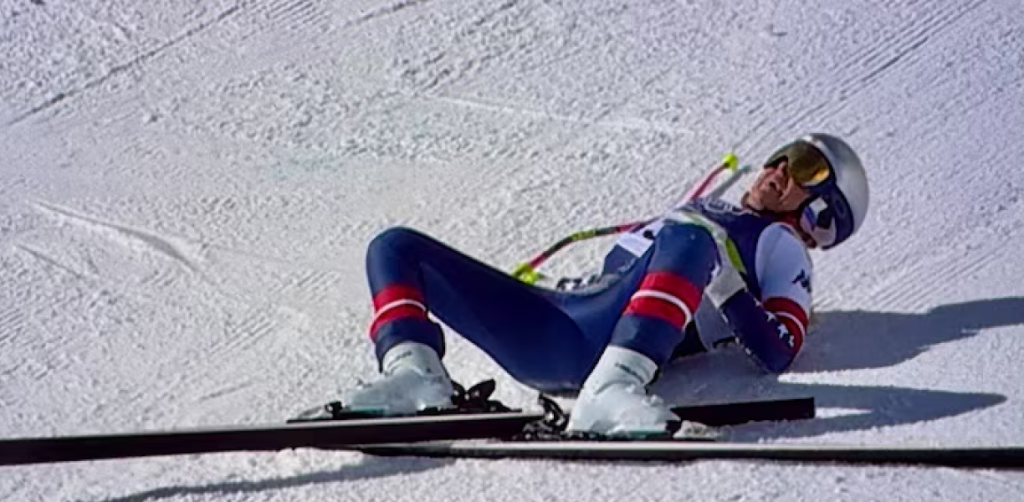Ever wondered how top athletes reach expert levels of performance?
Is it natural talent? The right coaching environment? Just more hours of training than everyone else?
While those factors play a role, research by Ericsson, Krampe, & Tesch-Römer (1993) suggests something much more powerful: expert performance is built through years of deliberate practice.
What Is Deliberate Practice?
Deliberate practice is not just “training harder” or repeating a skill thousands of times. It is a highly structured form of practice designed specifically to improve performance. It involves:
- Purposeful, focused effort rather than going through the motions
- Feedback and correction, not just repetition
- Targeting areas of weakness, not only practicing what feels comfortable
In other words, deliberate practice is about quality over quantity.
It’s training with intention, direction, and reflection.
And here’s the key: this applies not only to physical skills, but also to mental performance.
Kaizen: The Power of Continuous Improvement
Alongside deliberate practice, another useful framework for athletes is the Japanese concept of Kaizen, which means:
Continuous, steady improvement through small, consistent changes.
Kaizen is grounded in one core belief: Small improvements, repeated over time, lead to extraordinary results.
Unlike massive, dramatic transformations, Kaizen emphasizes 1% better every day. For athletes, that can mean refining focus, improving pre-game routines, sharpening self-talk, or building stronger emotional regulation over time.
How OMP Supports This Development
1. Consistent, coach-guided mental training
Athletes follow customized mental performance programs designed around their needs, goals, and competitive environment.
2. Deliberate practice for the mind
With content and tools from world-class mental performance coaches, athletes can practice skills like:
- imagery & visualization
- self-talk
- emotional regulation
- focus and attentional control
- pre-competition routines
3. Kaizen habit-building
Instead of relying on motivation spikes, OMP helps athletes:
- build small, repeatable mental habits
- track progress weekly
- reflect on what’s working and where to adjust
- arrive on game day mentally prepared, not mentally guessing
When athletes combine deliberate mental practice with the Kaizen mindset, they don’t just perform better once they perform better consistently.
They learn how to bounce back from mistakes faster, stay composed under pressure, trust their preparation, performance with clarity and confidence and develop a growth mindset.




